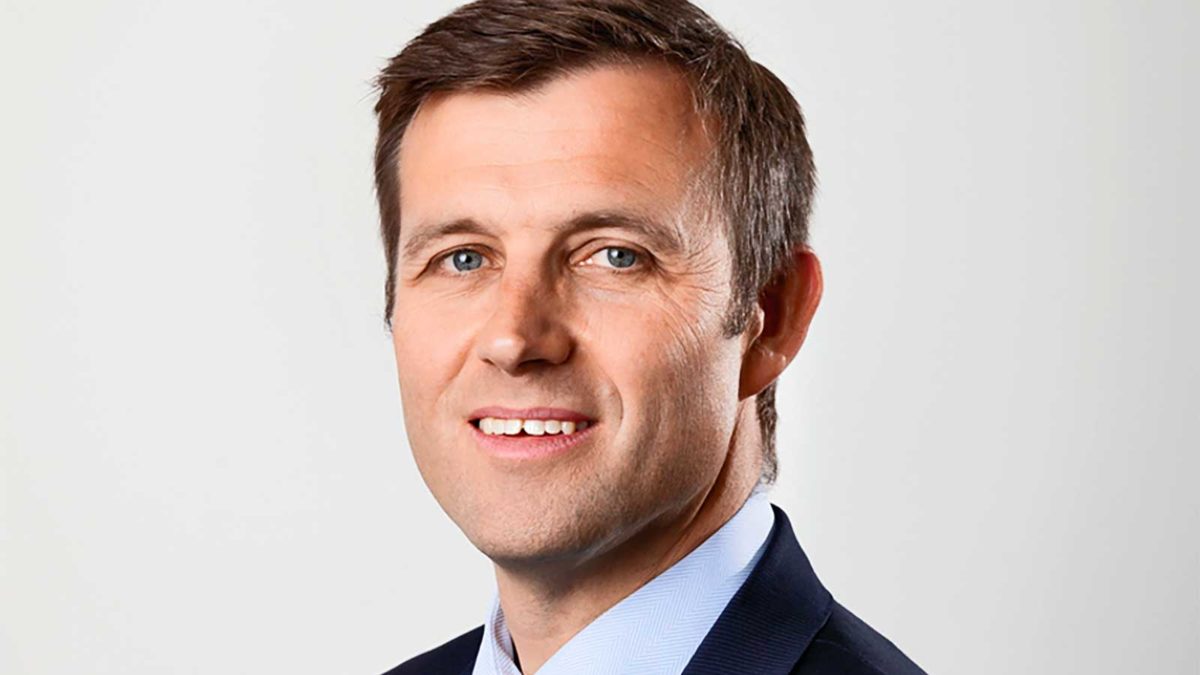Tandem lands IFM in Wilson’s crosshairs
The collapse of an investee company has seen IFM hauled before the standing committee on economics. The bigger issue is how a fund manager keeps commercial matters confidential in Parliament.
The hot topic at Thursday’s (29 July) hearing of the standing committee on economics was Tandem, a workplace contractor and IFM investee that has now been placed in administration in what David Neal, IFM chief executive, was at pains to characterise as a normal – but unpleasant – aspect of private equity investment.
“These are the trade-offs you make,” Neal told the committee. “Some investments turn out to be extremely successful and some unfortunately are not so successful. A good manager is one that gets 60 or 70 per cent of them in the good category, and only perhaps 30 or 40 per cent in the bad category. That’s what success looks like in this business.”
The problems with Tandem started with a class-action lawsuit founded on the view that contractors should have been employees that, to hear Neal’s view, was spurious at best. A court had apparently already found that the class-action was unlikely to be successful and Tandem had paid its contractors in the order of $600 million more than they would have been entitled to if they’d been classed as employees. Nevertheless, the reputational damage of the class-action made it difficult for Tandem to acquire new business and the company ultimately failed. Neal conceded that the company’s collapse represented a substantial loss, but that the fund it was held in has returned more than 20 per cent for the year.
“There are always learnings from good and bad investments,” Neal said. “It’s a very humbling industry… in this particular case, the great frustration here was that the primary cause of this business ending up in the situation it’s in is a rather speculative class action that had no foundation.”
“That’s a very hard thing to predict for an investment manager. Sometimes, despite your best intentions and your best decisions, things unfortunately don’t go as you would like.”
But the finer issues with the Tandem investment were only a stepping stone to the parallel universe of complaints and concerns that the standing committee usually spends its time arguing about, and the doomed contractor was quickly forgotten in favour of a closer examination of the litigation funding system in Australia. And with Liberal MP Jason Falinski’s (apparent) revelation that HESTA was an investor in Litigation Lending Services, the company that funded Shine Lawyer’s class action against Tandem, the committee was able to conjure an amusing hypothetical whereby Tandem’s business was crippled by a class-action funder partly owned by one of IFM’s shareholders, HESTA – a sort of superannuation ouroboros that would confirm the LNP’s suspicion that perhaps the industry is just one big club out to get them.
“That’s what I’m ultimately so concerned about. It (the superannuation industry) is a lantana of inter-connected conflicting interests that nobody can get through at the moment,” Falinski said. “Can you not understand why that’s problematic?”
HESTA has so far not confirmed to this masthead the claims made by Falinski. Neal was unable to give an answer to the hypothetical as he has “no idea” about the portfolio holdings of IFM’s shareholders, but said that he wouldn’t necessarily consider the situation conflicted.
“We invest in multiple businesses that compete with each other. Conflicts arise in all sorts of situations – the key is to have policies and processes and governance to ensure that conflicts between businesses are appropriately merged,” Neal said. “The economy is made up of all sorts of organisations which aren’t 100 per cent aligned with each other, so the idea that you won’t have two businesses on opposite sides of deals doesn’t make sense. It’s only an issue if conflicts can’t be managed.”

Of course, IFM has its own issues with the standing committee on economics. Owned by a bevy of industry super funds, it is the only fund manager with an obligation to appear before the standing committee on economics. That means answering the 118 questions on notice that standing committee chair Tim Wilson has put to them over the last year can be a difficult proposition, given the potential for revealing matters that are commercial in confidence. One of those questions related to a bonus of AU$36 million paid to a departing executive after IFM had settled a sexual harassment lawsuit brought against him by a former employee. Neal later declined to answer questions about those bonuses and the broader remuneration structure, a move that Wilson labelled “pathetic”, telling the committee that it could allow their competitors to construct a detailed picture of IFM’s inner workings. Without commenting on the individual case, Neal did concede that a $36 million bonus seemed “excessive”.
“It is very challenging for us in managing a business in a highly competitive market… when our competitors appear to get a different treatment to ourselves,” Neal said. “That is the reason why we are unable to reveal commercial in confidence secrets, because nobody else is. That would create an unfair playing field.”











